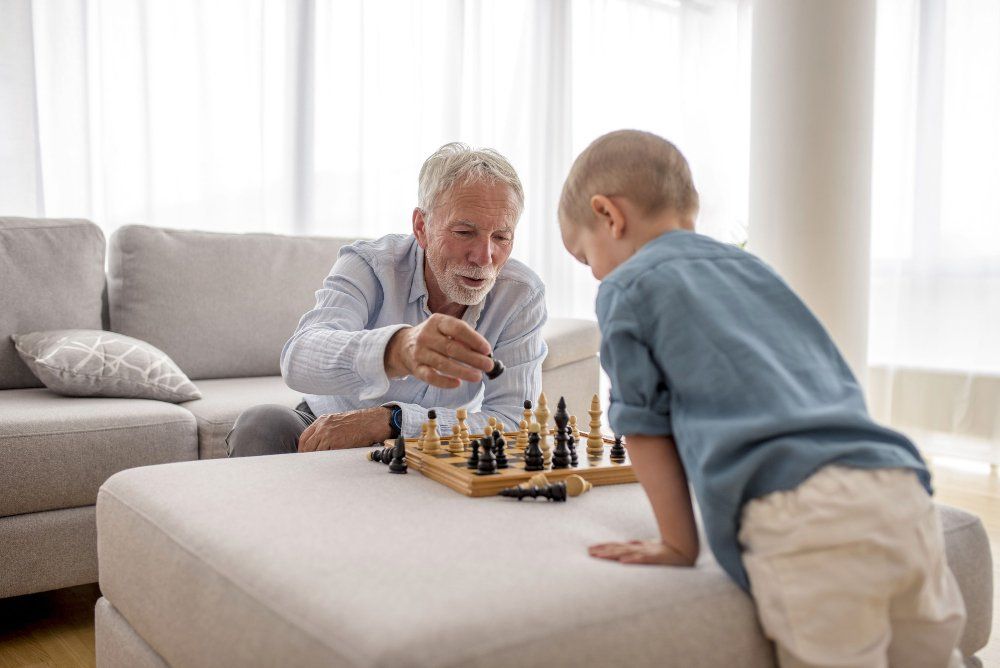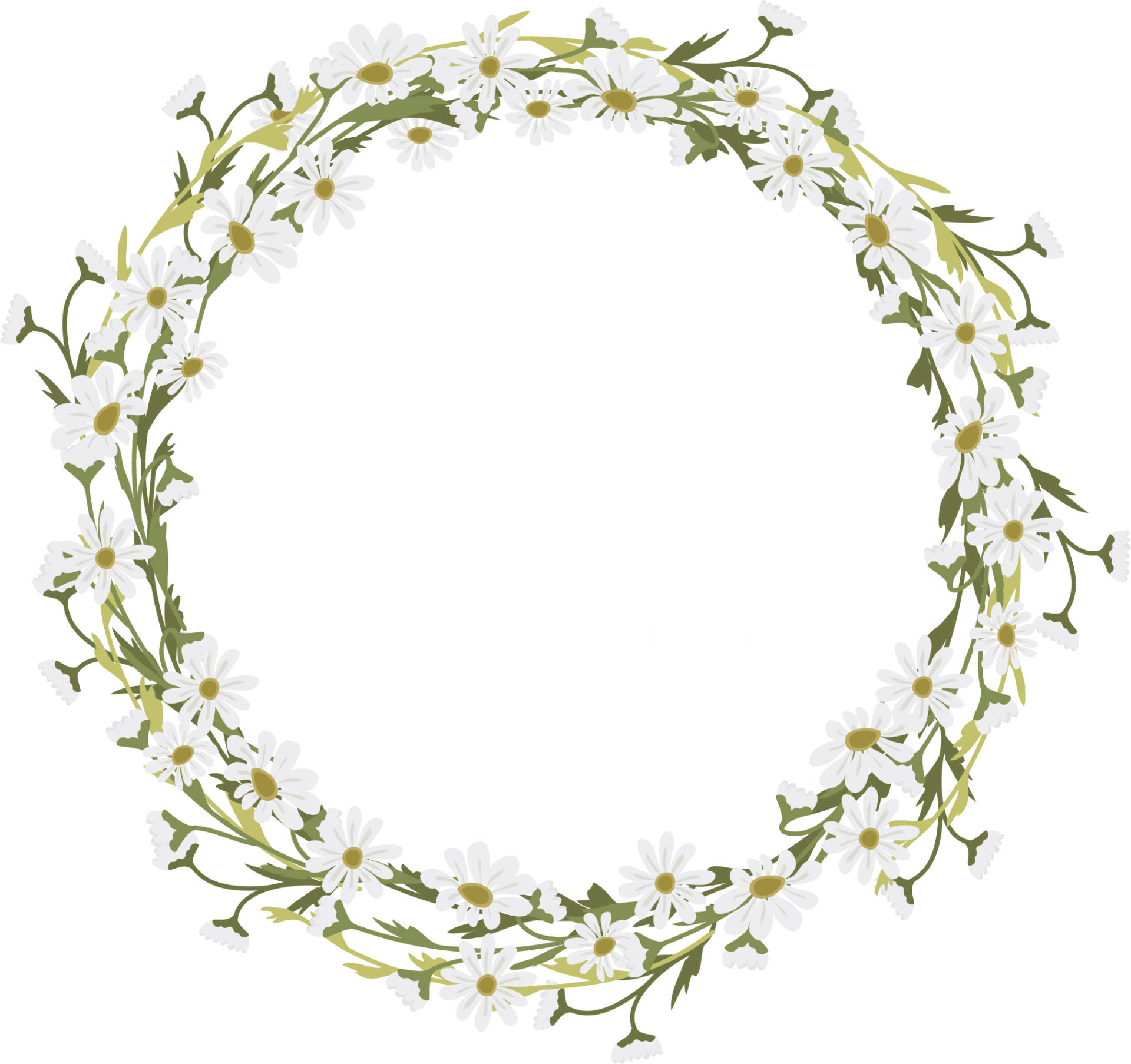CONNECTING YOUR FACILITY WITH PROFESSIONAL ENTERTAINERS & INSTRUCTORS AUSTRALIA WIDE
Blog
Blog
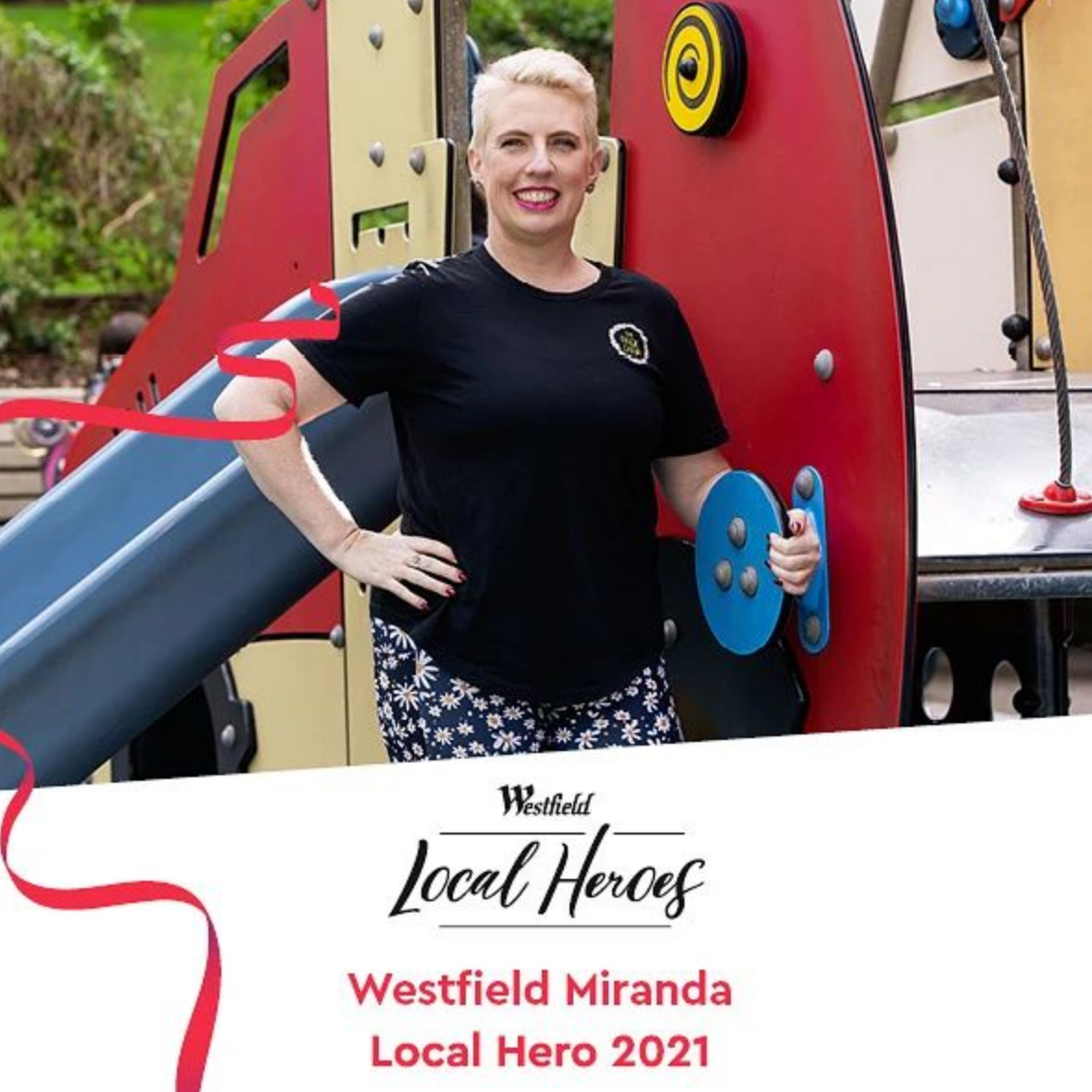
October 19, 2021
A massive thank you to each & everyone of you who have supported, voted, shared & helped spread the word not only for the award, but of the work of The Daisie Chain. You are helping to spread the joy of music and movement, throughout Aged Care & Disability - that not only makes a difference for our participants, but for their families, the staff, volunteers & community. What might seem like a simple like, share, comment on a post or conversations with others, has an incredible ripple effect. It also allows us to grow our team of amazing instructors, musical talents & performers, providing the opportunity to do what they love. Together with Westfield Miranda it will allow us to continue taking our classes & sharing the joy throughout Australia & globally. We’re also in talks with stockists as well as other organisations & agencies to make “Memories” readily available for families with loved one’s living with Dementia, supporting them to capture the precious moments together in a way that their loved one can remember. As well as contributing to the research & amazing work of Dementia Australia. So thank you again! Stay posted to our social media pages on Facebook, Instagram, LinkedIn as we keep you updated with progress & what’s to come.
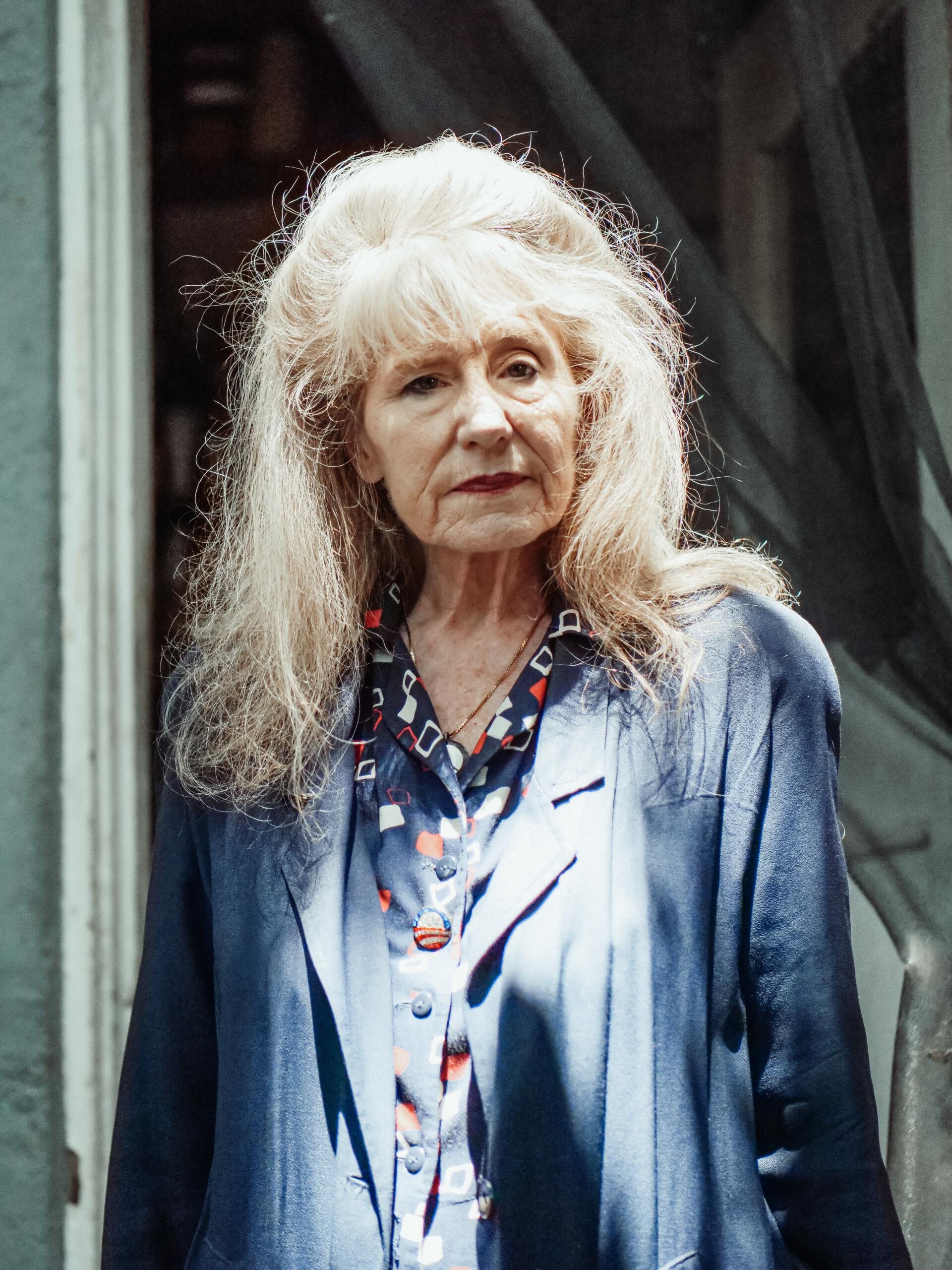
By Naomi Iredale
•
September 14, 2021
Dementia impacts close to half a million Australians and almost 1.6 million Australians are involved in their care. The number of people living with dementia is set to double in the next 25 years. With so many people impacted now and into the future, it is vital we clear up some of the prevailing misconceptions about dementia. People living with dementia can live active and fulfilling lives many years after diagnosis. Despite this, they often experience discrimination. In a recent Dementia Australia survey, more than 70 per cent of people believed discrimination towards people with dementia is common or very common. The concept for Dementia Action Week was developed in consultation with Dementia Advocates, who have a lived experience of dementia. The ‘A little support makes a big difference’ campaign demonstrates that many people living with dementia can continue to live well for many years after their diagnosis. This year, the focus will also be on supporting and celebrating carers of people living with dementia. Dementia Australia will provide information and tips to encourage all Australians to increase their understanding of dementia and learn how they can make a difference to the lives of people around them who are impacted – and to help eliminate discrimination. These include simple and practical tips to: Give a little support to a person living with dementia. Give a little support to a carer, friend or family member of a person living with dementia. Help healthcare professionals make their practice more dementia-friendly. This awareness-raising campaign will continue to lead the discussion about discrimination, which we know has a big impact on people living with dementia, their families and carers. The good news is, there is a lot can be done to improve their experiences. To find out how you can make a difference please visit Dementia Australia .
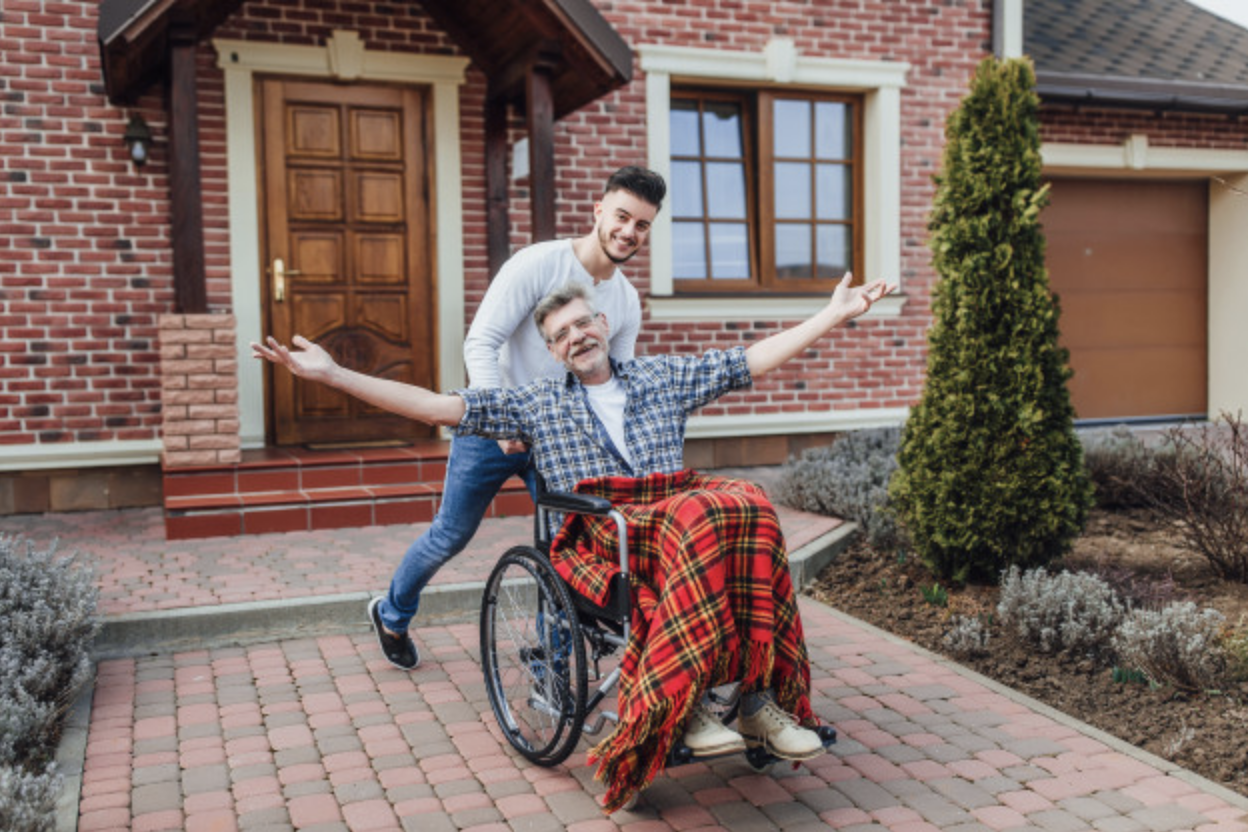
By Naomi Iredale
•
October 27, 2020
There’s no doubt that all of us have been tested in the past few months. The unprecedented situation of COVID-19 has taken a toll on people’s mental, physical, and emotional health. Laws have been passed and revoked in a matter of days, people have been restricted in a way that has not happened before, and there is a general confusion and anxiety that permeates the world as we wait to be released. Despite this, it is always important to look for the positives of a scenario. Even little ones. We have continued to live, to breathe, and to function. If COVID-19 is a sign of anything, it is of the undying human spirit that continues to flourish in the darkest of times. For some, it has been the biggest struggle of their life - and this has made them grow stronger and tougher than ever before. Some have had the opportunity to look inwards and focus on improving themselves for the better. Either way it has changed how we view ourselves...should we also use this as an opportunity to change our view of others? Coming into COVID-19, we had just seen some of the most horrific fires in living memory. People rallied together to help those who had been disadvantaged and donated out of their own pockets to come together and fight against this event. However, when it came to COVID-19, it was a different story. At the beginning, the community began to look out for themselves, with toilet paper and sanitiser flying off the shelves at unprecedented rates. But slowly and surely, we began to come together as a community (metaphorically that is) to provide for and protect those that are more vulnerable in our community. We thanked the frontline workers. We made sure to be kind. We supported local businesses. And we were all better off because of it. So coming out of COVID-19, we should continue to foster empathy for other people within our community. Continue to support local businesses and take care of one another when you get the opportunity to. Look to communicate with elderly residents of aged care facilities that suffer from loneliness not unlike what we have experienced during our time in isolation. Empathy is a precious thing that can grow from something as unusual and difficult as this, and making sure we continue to nurture that skill is something we should all be focused on.
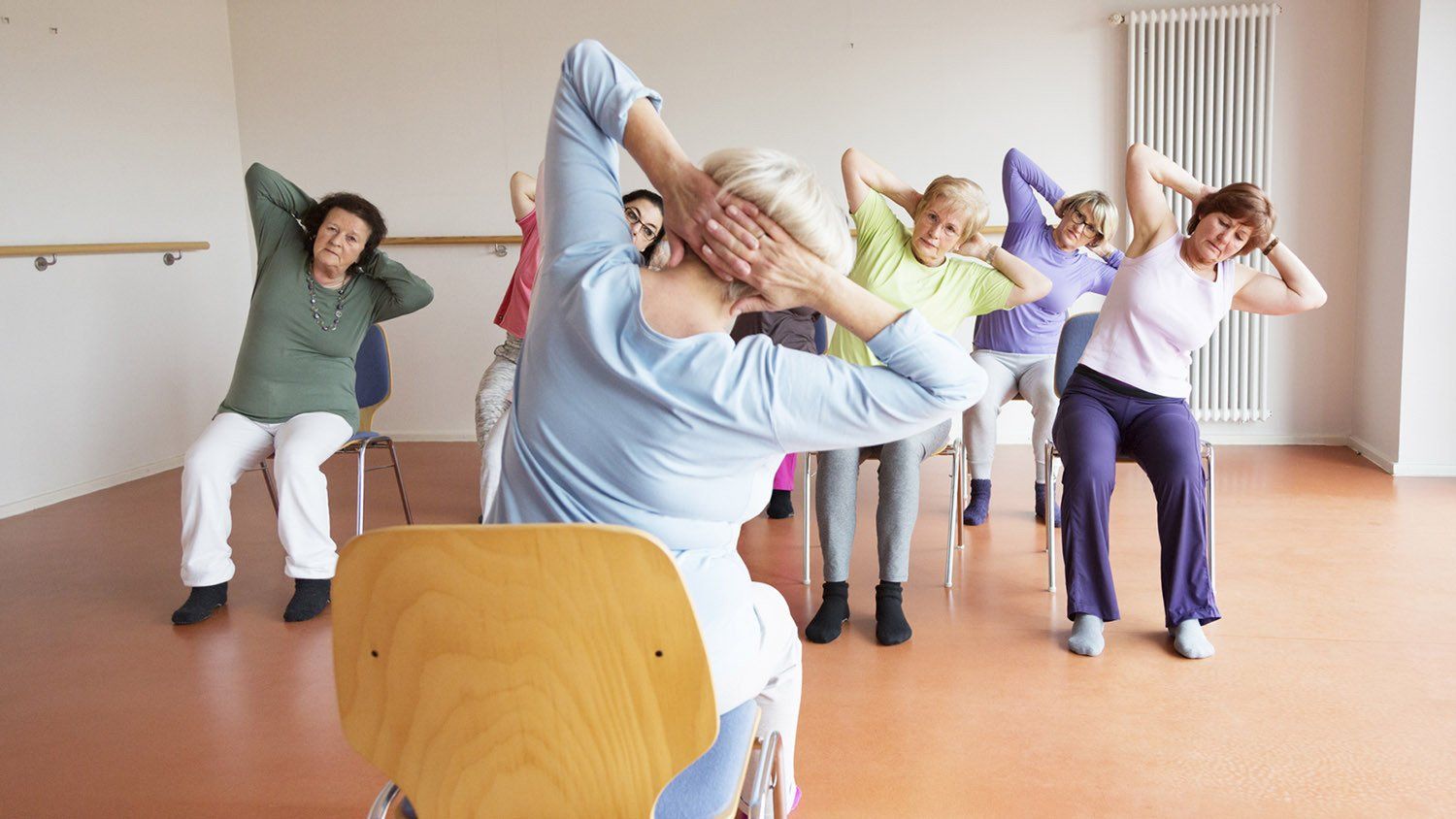
By Naomi Iredale
•
October 27, 2020
Mum stands in front of you, her eyes widening in anticipation as you begin to lift your leg. The large, clunky video camera glistens in the summer light, taunting you, urging you to move towards it. Dad stands behind, waiting to catch you if you fall, but hoping that he won’t need to. The shiny object has grabbed your attention, you have no choice but to try and grab it. You move your little legs slowly, but surely, as you walk towards your Mum with the camera. You’ve done it. You’ve taken your first steps. You are now free to roam in the big, wide world. The stink of hairspray and obnoxious perfume permeates the air, and as you bounce around on that dance floor, you know your hairstyle has no chance of falling out. Your favourite song is playing over the speakers and the words form in your mouth without you even realising. The circle of your friends grows larger as you whirl each other around without a care in the world. Your feet grow tired as you dance into the night. From taking your first steps, to dancing the night away at school discos or nightclubs, it is certain that from the moment we are born we are striving to move more. There is no doubt, among scientists and psychologists alike, that this movement is good for us no matter what form it comes in - lifting weight, learning martial arts, joining a gym, hiking, or playing a team sport all equally help us to stay fit and satisfy that need for movement we have as humans. However, as this ability to move is so fundamental to human life, it is often the case that we forget to relish it until we feel that we can no longer move in the ways that we used to. This is not cause to give up. As we age it is important that we continue to move, taking into account the possible physical challenged this may come with. This may feel impossible at times, but so did taking your first steps at some point in your life! There are many reasons to continue moving and exercising into our later years, including: MOOD: Movement releases endorphins, which are the feel good chemicals. This means that just by getting up and dancing or moving around, you can help yourself to get in a better mood! So if you are feeling flat or low, moving is a great way to create energy and pump endorphins through your body. This can help to alleviate depression and avoid boredom. STRENGTH: Just as was mentioned before, movement is a fundamental part of being a human. Without it, we would not be able to do anything and our muscles and joint would have no function at all! Therefore, it is very clear that inactivity can lead to atrophied muscles (which have decreased size and function). This makes walking, performing daily tasks like showering and getting dressed, and even breathing, much more difficult. In addition, increasing movement has also been proven to increase bone and muscle strength, which are both important for fall prevention – in fact, regular exercise can decrease hip fractures by 40%. BRAIN FUNCTION: When we exercise, we create more oxygen flow to the brain. This is vital for mental capacity and this increased blood flow can also help to slow down the degeneration of brain cells. HEALING: Exercising and moving has a direct connection to wound healing. Studies have shown that in active adults compared to non-active adults, the rate of wound healing is increased by up to 25%. CONNECTION: Movement is a great way to make sure you stay connected with people. Being around others and taking part in a similar activity to them in a relaxed environment, e.g. dancing, can provide opportunity to interact, share stories, and support each other. HEART HEALTH: With heart attacks being one of the highest causes of death in Australia, with one person dying every 12 minutes, it is important to give weight to participating in exercises that can decrease this figure. The heart is a muscle, as requires use to remain strong, with low impact cardiovascular exercise being the key to a healthy heart. But always make sure you have approval from a medical practitioner where required before you begin! BALANCE: As we age, we lose our sense of balance and begin to doubt that we can participate in activities we once enjoyed. There are a range of movement activities that can be enjoyed in a safe environment that will help increase confidence and become more secure in our spatial awareness.
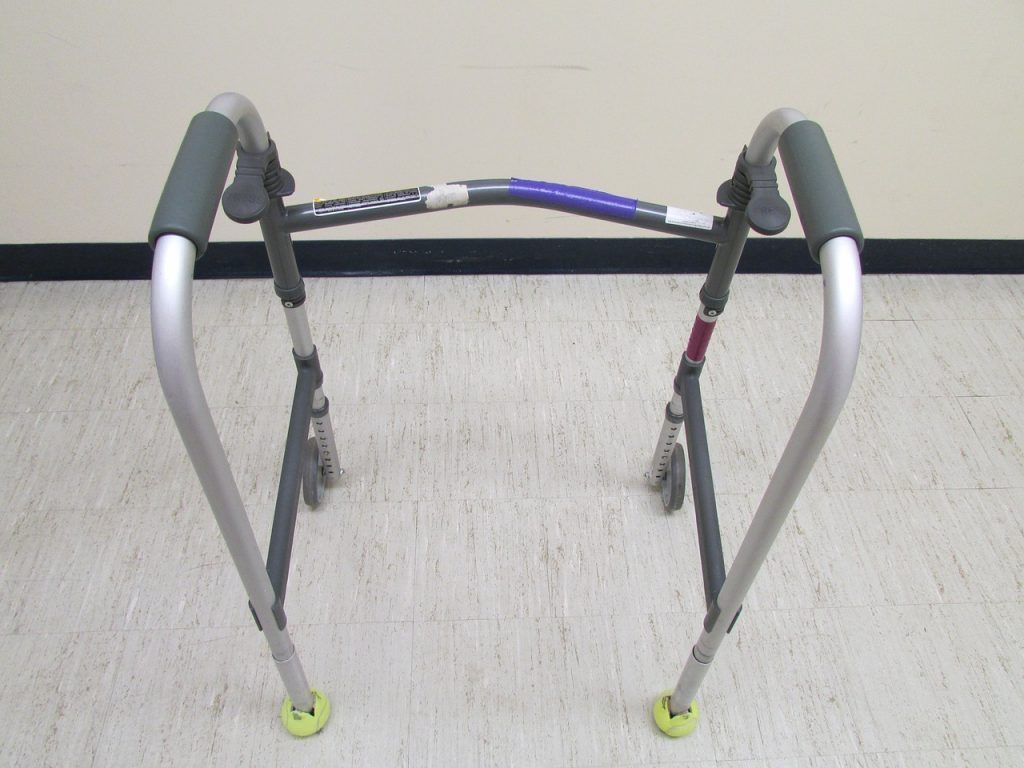
By Naomi Iredale
•
October 27, 2020
You wouldn’t think that an inanimate object could represent so much but I both love and hate this thing. This metal frame with wheels. I love that it means I can get about. I loathe what it represents. The staff tell me to use it for my own safety, that I need it now to make sure I don’t fall. They nag me to hold onto it when I get up from my chair, “that’s it Margaret”. Most of the nurses are very patient with me but sometimes I feel so silly and helpless. I use it because I don’t want to get them in trouble as I know the boss tells them off if they see me without it. If I have a fall I worry that the nurses will lose their job and they have families to look after. This hard piece of metal that on one hand helps me to move but on the other signifies my lack of freedom. I used to be a dancer, I loved teaching the little children how to dance. I can remember the feeling I used to get being on stage. It felt like I was flying. Freedom. My body will not let me do those things any more. It started with my hip, the arthritis took over and after the replacement I could never move around as much as I used to. I loved to walk but after the fall my doctor told me not to walk alone anymore. I cried every day. Once I stopped going out I couldn’t see the point any more. What use is living if you can’t experience all life has to offer? When I fell again, I made the decision to move somewhere I could be looked after so my family didn’t have to worry so much. I like it here, people are nice. The food is good but not the same as cooking for myself. Sometimes I feel like a child again, I try to do most things myself but sometimes I have to ask for help. But this walking frame is the one thing I cannot get used to. The handles hurt my hands as the plastic is so hard. I used to have such great posture when I danced but now I look like a little old lady, hunched over. I feel like I have to lean over to walk which hurts my back. The nice physio helps me adjust the height so I don’t stoop over and I have a sign on the seat that says “SLOW DOWN” but I feel that the wheels go to fast for my legs and it scares me that I might slip. My dancing teacher used to comment on my strong leg muscles but now my once pointed toes shuffle along the ground as the nurses say “pick up your feet Margaret”. I sometimes wonder if it would be better to be like Mary, she has dementia. It’s really sad to see such a beautiful lady completely unaware of her surroundings but I am very envious of her physical health. She walks around all day long and does not need a walking frame. Even though she doesn’t really know where she is she is still able to move well. I do try to be grateful for what I have, I have had a great life and have a beautiful family but most days I am sad. I feel like my mind is trapped inside a body that has broken down. This frame, for all of the ways it restricts me is the only way I have any freedom.
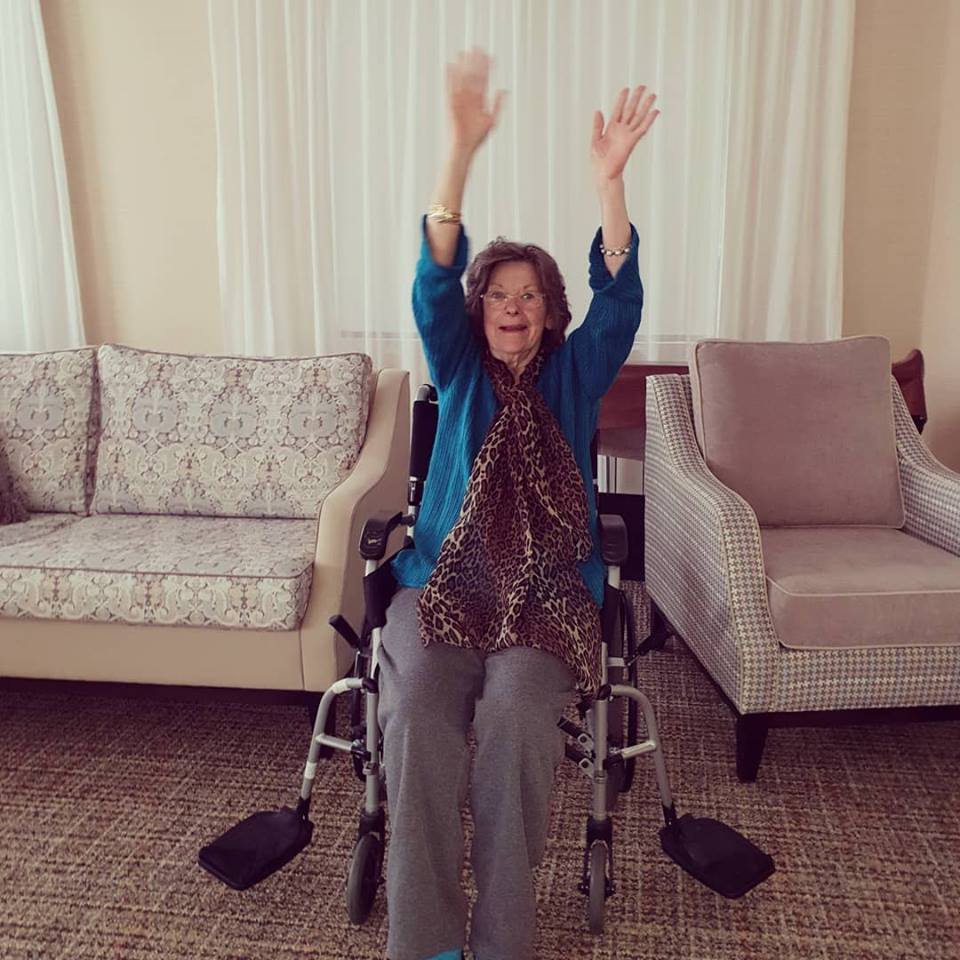
By Naomi Iredale
•
July 21, 2019
The Daisie Chain – created and nurtured by Emma Watts, out of an acute awareness of the need to meaningfully make connections between residents of Aged Care facilities, their families, volunteers and service providers (performers, teachers, entertainers, instructors etc)
Contact Info
Phone: +61 432 767 662
Email: hello@thedaisiechain.com

